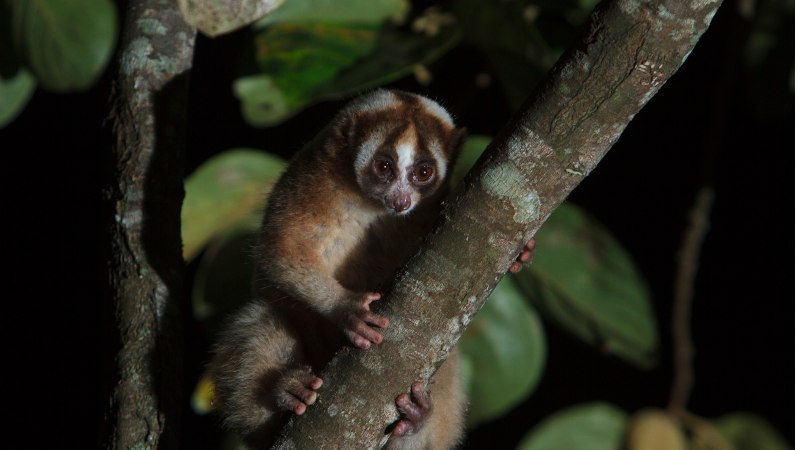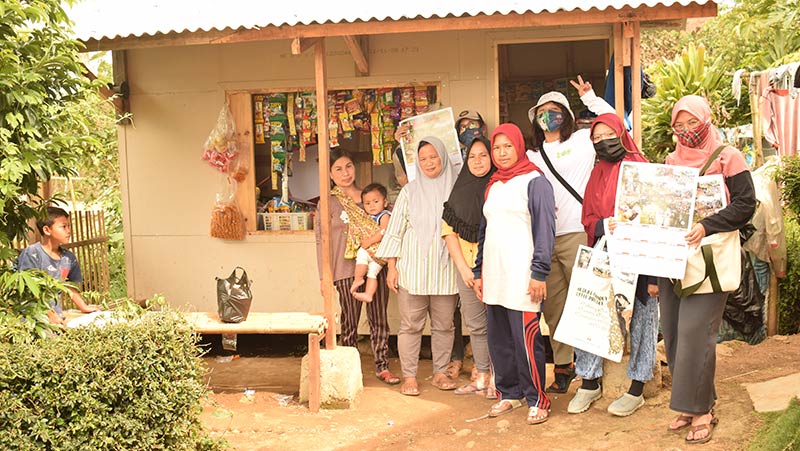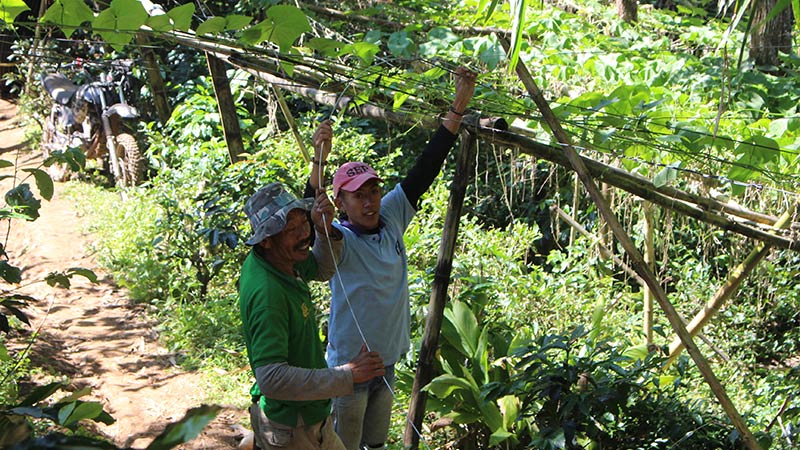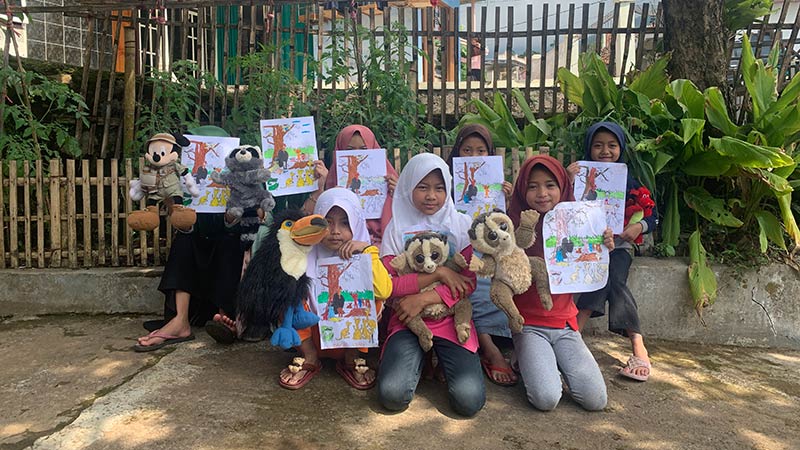Professor Anna Nekaris has made a significant and lasting contribution to efforts to save Critically Endangered species of nocturnal primates – the Asian slow and slender lorises.
Already threatened by habitat loss, the survival of this unique group of species is further jeopardised by the popularity of lorises for use in traditional medicines, black magic, and the pet and photo prop trades.
Anna has dedicated herself to reducing these illegal trades; to improving the welfare of slow and slender lorises in captivity; to developing more effective rehabilitation and to reintroducing them more successfully into the wild. Through social media, education and international events, she and her team have also raised global awareness of the lorises’ plight.




